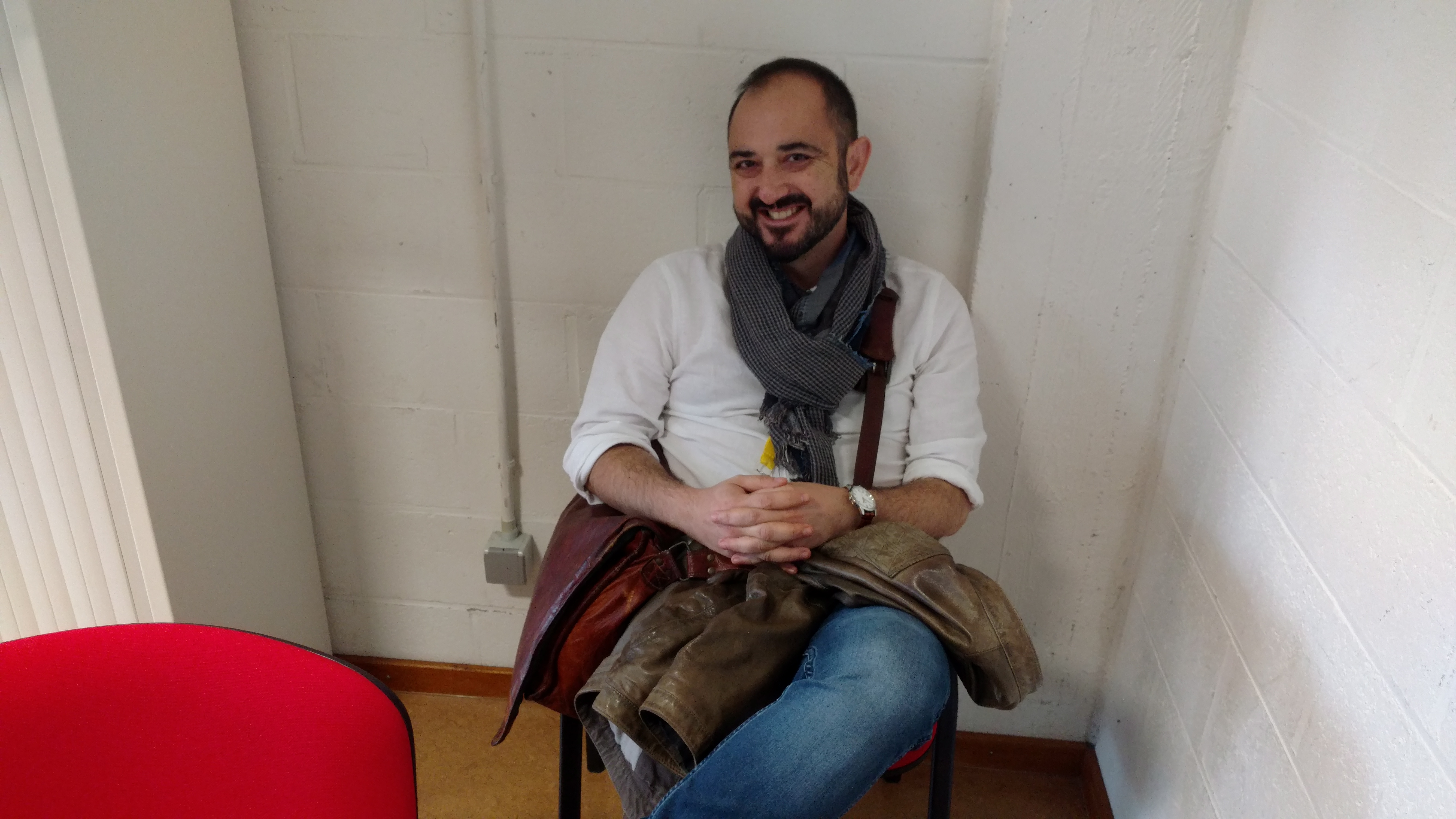Teacher trainer and writer Ben Goldstein answeers The Image Conference questionnaire.
Your favourite film/work of art/video game:
I don’t ever tire of looking at Mark Rothko’s abstract expressionist paintings, I can lose myself in them.
Your favourite video to use in class:
One of my favourites is “Forgetfulness” – a brilliant animation based on Billy Collins’ well-known poem.
Forgetfulness – Billy Collins Animated Poetry from smjwt on Vimeo.
Useful image-related teaching tool:
PresentMe- https://present.me/content/
Very useful for the online MA which I I teach on.
Why are you interested in using images in your classes?
Lots of reasons but primarily I suppose because we live in a world in which communication is becoming increasingly visual. The gap between creator and consumer is blurring and image creation is central to that shift.
What should your audience expect to learn?
An overview of how video has been used in the past in the language classroom and where it’s going to lead us in the future.
What are three words that sum up your session?
Big Picture Approach
Which other presenter(s) are you looking forward to seeing?
Anna Whitcher and Kieran Donaghy – the closing keynote talk: A visual manifesto for language teaching – it sounds intriguing.
You can find out more about Ben and his session below.
Ben Goldstein (CUP)
Ben Goldstein has taught English for over twenty years and currently works on The New School’s MATESOL program (New York). He is lead author of the adult coursebook series New Framework and The Big Picture (Richmond). He has also published Working with Images and English Unlimited Advanced (Cambridge). His interests in ELT include images, intercultural issues, World Englishes and identity.
The Moving Image: A history of video in ELT
From the BBC’s series Follow Me in the 1970s to the YouTube Generation and the Decentralized Classroom, how has the role of video changed in the last 40 years? This talk will look at how the moving image has moved on and analyse what may happen in the future.







